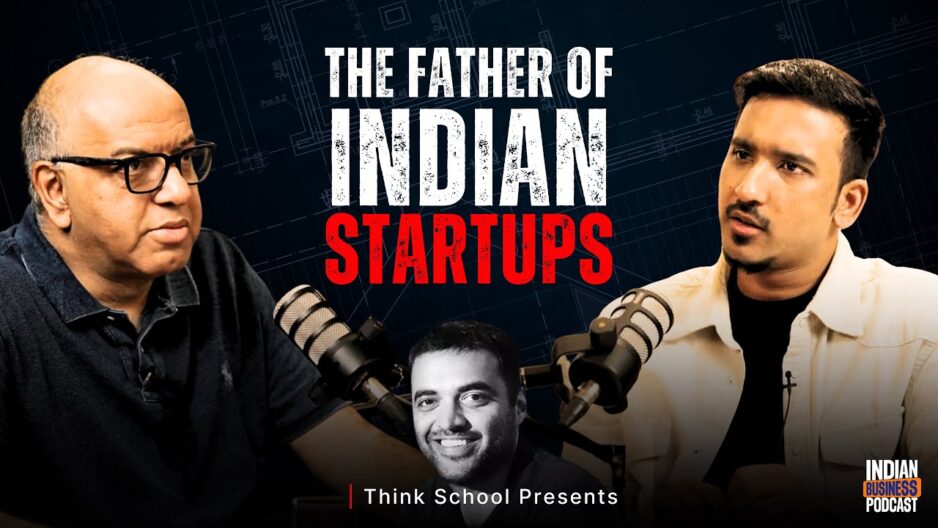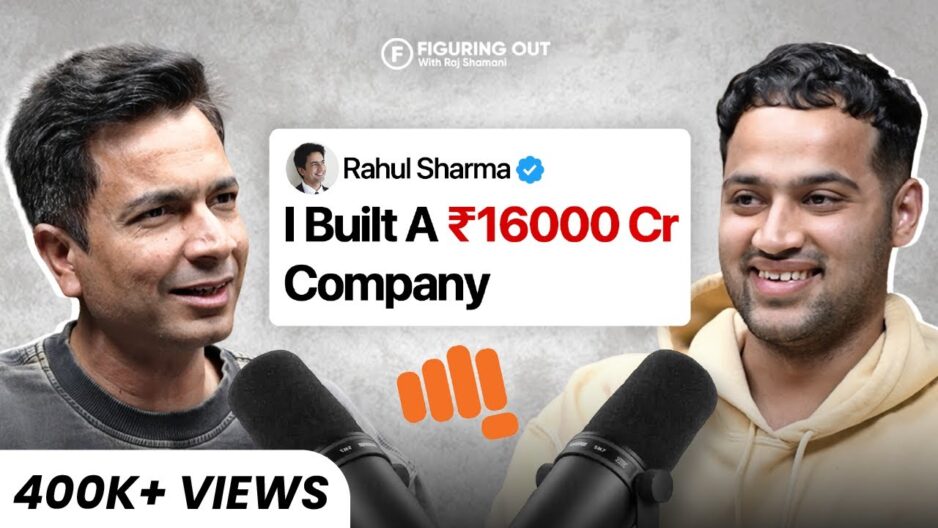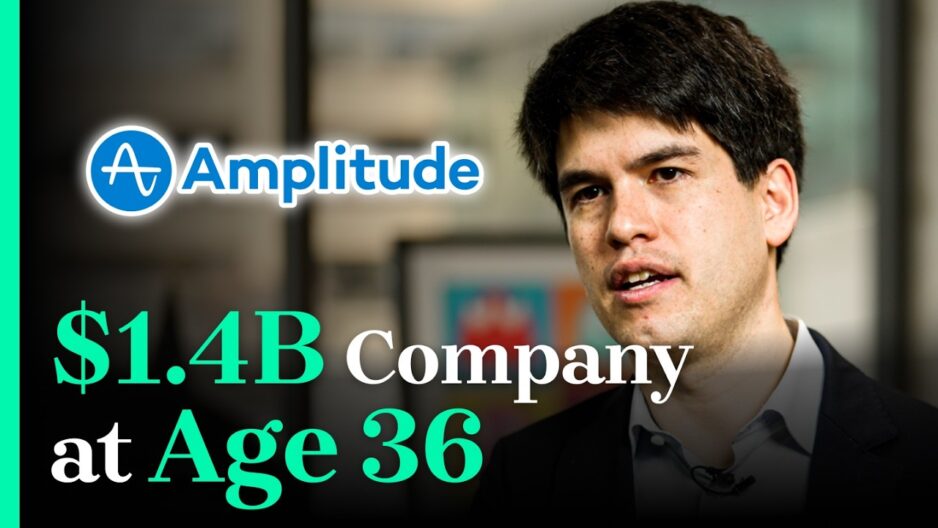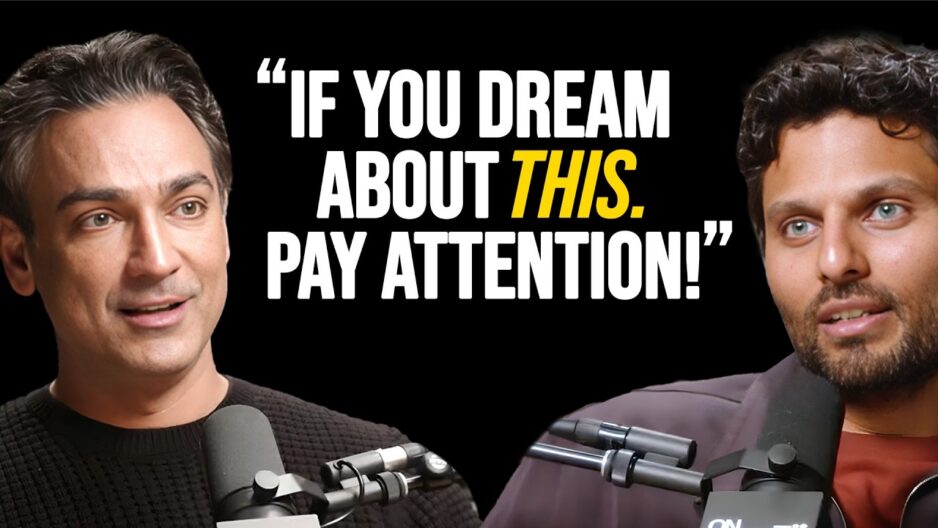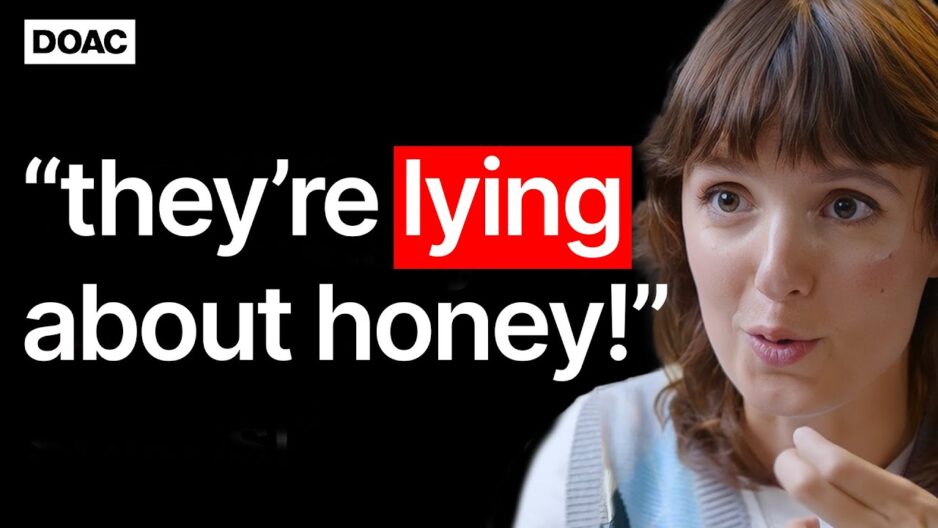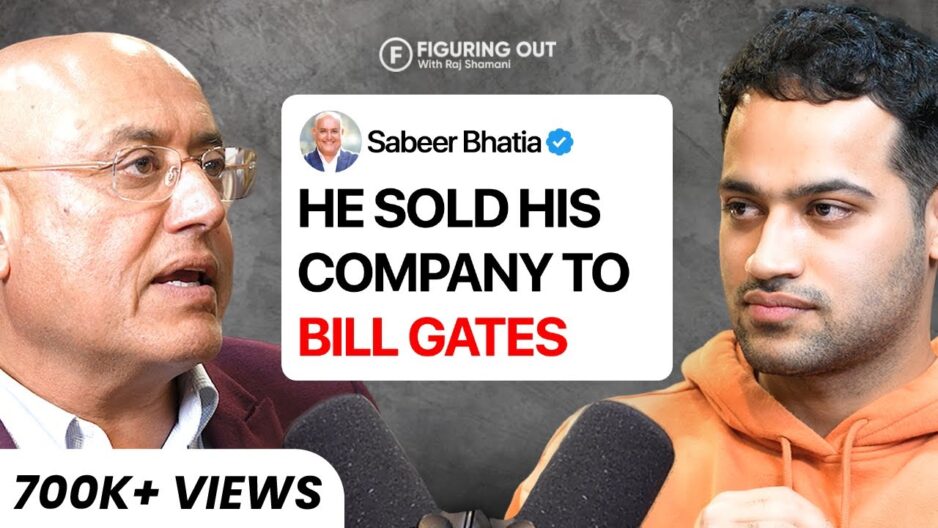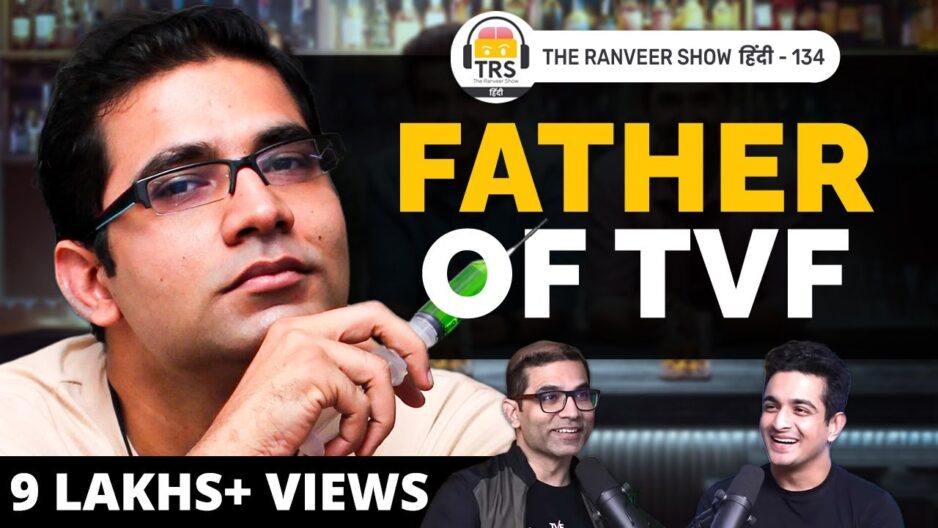If you think that crores are needed to start a big startup, then listen to the story of Sanjeev Bikhchandani. His journey, which started with just ₹2000 has today reached companies and investments worth crores. From Naukri.com to Zomato, Sanjeev has proved that a big empire can be built with the right thinking and strategy.
Educatekaro Found:
- Leaving a job at IIM and moving towards a startup: Sanjeev finished his education at IIM Ahmedabad in 1989, but within a year and a half, he walked away from a lucrative job. Why? Because he dreamed of starting his own venture and doing things his way.
- Opportunity seen in the job market: He observed that job ads are read the most in business magazines.
This is where he got the idea of creating India’s first online job portal, which we know today as Naukri.com . - Naukri.com launched with just ₹2000: Naukri.com began in 1997 when Sanjeev used ₹2000 from his personal savings to kickstart the platform.
- Growth Strategy – Users first, then money: Initially, they did not charge for job listings. The aim was to get traffic and trust of people. When the website became famous, they started generating revenue from ads and premium services.
- Lean and Smart Operations: Sanjeev never believed in wasteful expenditure. Never mind fancy offices or over-hiring, he always focused on cost-saving and innovation.
- He also showed wisdom in taking investments: For funding, he chose investors who matched his vision – meaning partnership not just with money, but with long-term thinking.
- Invested in giants like Zomato and PolicyBazaar: After the success of Naukri, he invested in many big companies through Info Edge – Zomato, PolicyBazaar, etc. , whose valuation today is in thousands of crores.
- Gave importance to customer’s opinion: Sanjeev always says – “The customer teaches us what is right.” He started collecting sales feedback through simple technology like Yahoo Groups – which later turned into powerful product insights.
- The real lesson of becoming an entrepreneur: His journey shows that only the right understanding of the market, selection of the right partner, and a customer-first approach can make a startup successful in the long run.

